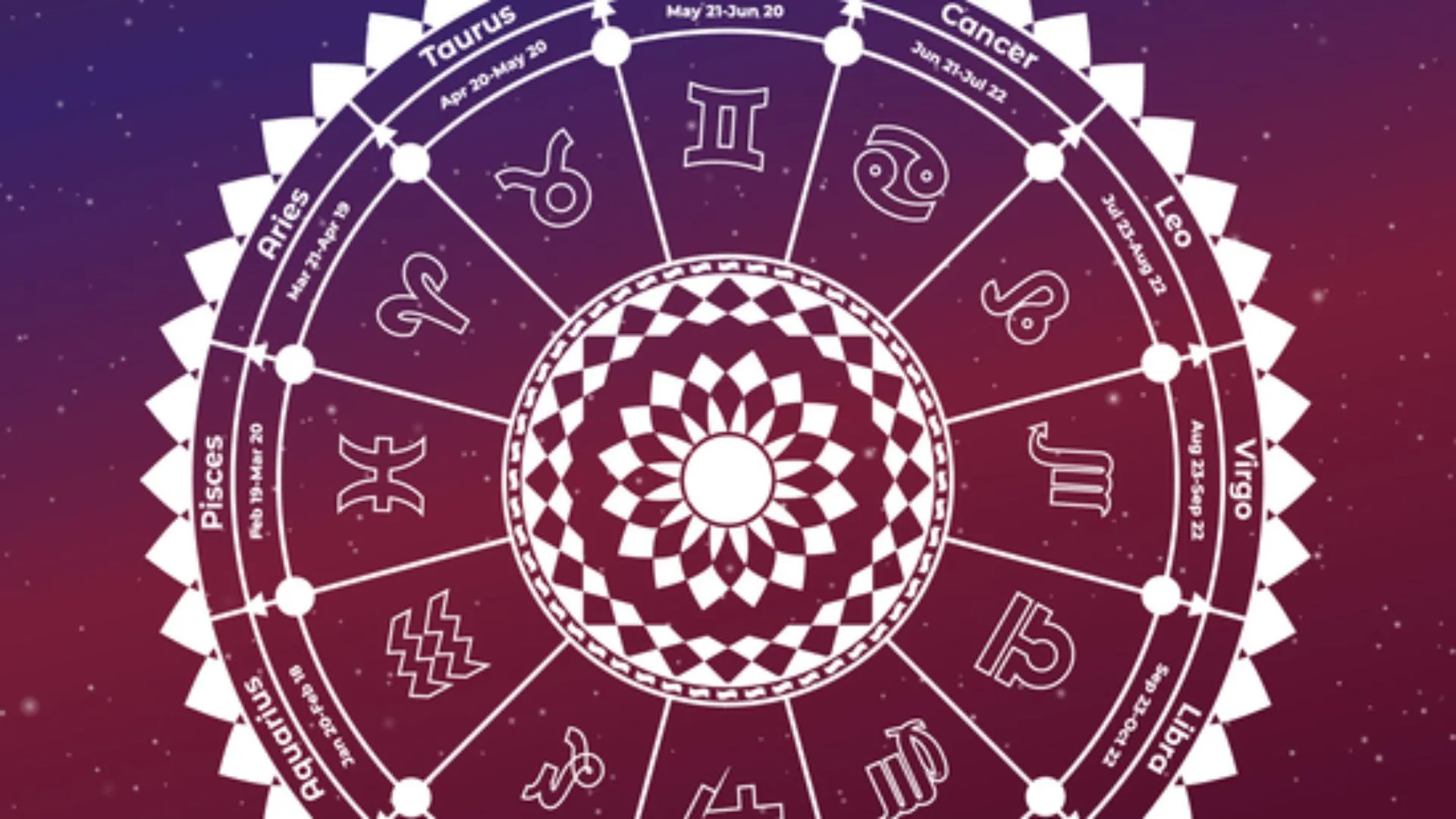Union Home Minister Amit Shah, addressing an event in Delhi to launch the book Jammu Kashmir and Ladakh: Through the Ages, highlighted the transformative effects of abrogating Article 370 in August 2019. The special provision, which granted autonomy to Jammu and Kashmir, had “sowed seeds of separatism” and acted as a promoter of terrorism, he claimed.
Article 370: A Catalyst for Separatism and Terrorism
Shah attributed the rise of separatist sentiments and terrorism in the Kashmir Valley to Article 370, stating that it created a myth of Kashmir’s association with India being temporary. He argued that the provision fostered alienation among the youth in the valley, fueling unrest.
“Many ask me about the relationship between Article 370 and terrorism,” Shah said. “They do not know that Article 370 tried to sow the seeds of separatism in the minds of the valley’s youths.”
Decline in Terrorism Post-Abrogation
According to Shah, the abrogation of Article 370 has led to a significant reduction in terrorism. He cited a 70% drop in terrorist activities since 2019 as evidence of the provision’s role in fostering violence.
While drawing comparisons, Shah pointed out that Muslim populations in other parts of India, such as Gujarat and Rajasthan, coexist peacefully without terrorism, despite their proximity to Pakistan. Shah lauded the Modi government’s efforts in dismantling the ecosystem of terrorism in Jammu and Kashmir. He noted that incidents of stone-pelting, which numbered over 2,100 in 2018, have been entirely eliminated as of 2024.
“We not only succeeded in controlling terrorism, but the Modi government demolished the entire ecosystem of terrorism in the valley,” Shah asserted.
Shah elaborated on the historical resistance to Article 370, noting that the Constituent Assembly initially did not favor its inclusion in the Constitution. However, it was adopted as a temporary provision.
“Artificial things do not have a long life,” he remarked. “The determination of Prime Minister Narendra Modi abrogated Article 370 on August 5, 2019, ending a disgraced chapter of our history and starting the integration of Kashmir with the rest of India.”
Criticism of Past Governments
The Home Minister criticized previous administrations, particularly the Congress party, for their inaction in addressing the challenges posed by Article 370. “Why couldn’t you do even 10% of our work within 70 years of your government?” he questioned.
Highlighting Kashmir’s historical and cultural ties to India, Shah emphasized that the region has always been an integral part of the nation. He cited ancient texts and traditions as evidence of Kashmir’s deep-rooted association with Indian civilization.
“Kashmir is and has always been an inseparable part of India. No one can separate it using sections of law,” he said.
Shah concluded by highlighting the development and unification of Jammu and Kashmir with the rest of India following the abrogation of Article 370. The move, he said, has paved the way for the region’s progress and integration into the national mainstream.
Book Launch: Jammu Kashmir and Ladakh: Through the Ages
The event also saw the launch of a book published by the National Book Trust and the Indian Council of Historical Research. Union Education Minister Dharmendra Pradhan, who was the guest of honor, underscored the importance of understanding Jammu and Kashmir’s historical legacy as part of India’s cultural and civilizational continuum.
The Modi government’s bold decision in 2019, Shah argued, has marked a new chapter in Kashmir’s history, one of unity, development, and hope.
Read More : Kashmir: An Inseparable Part of India’s Soul, Says Amit Shah At Book Launch






















